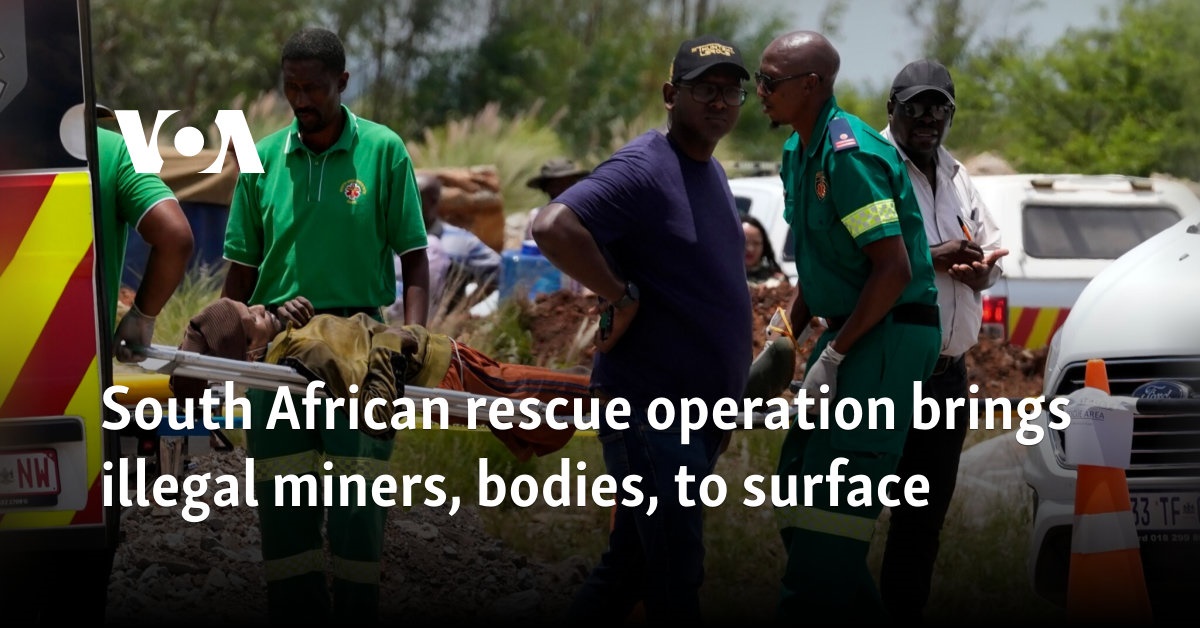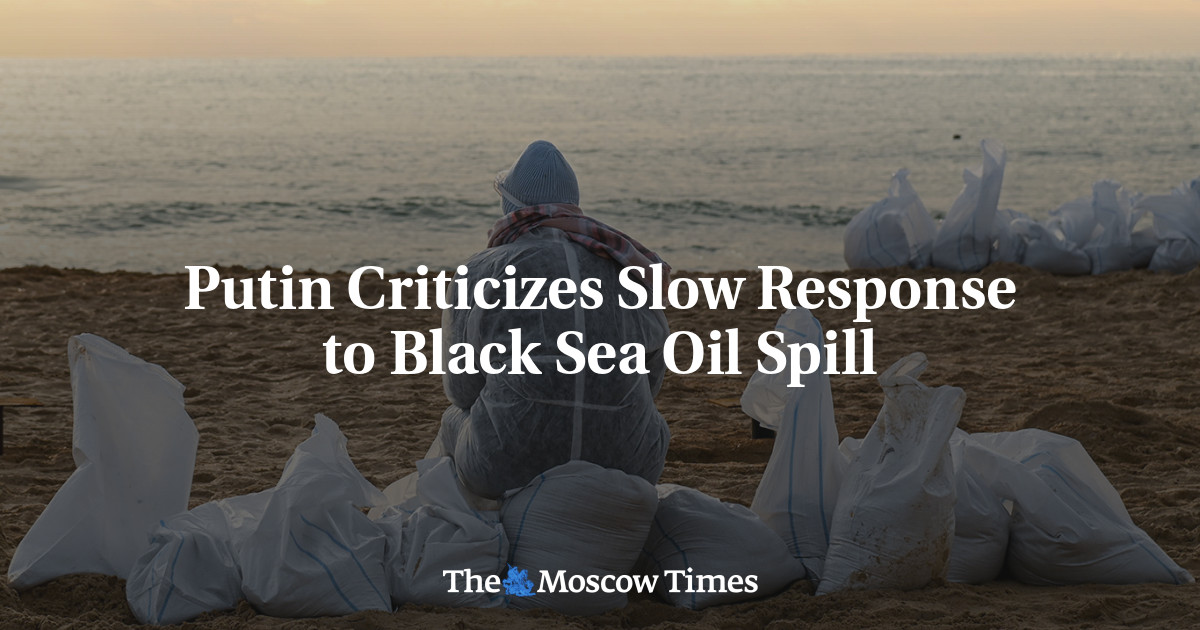GOMA, DEMOCRATIC REPUBLIC OF CONGO —
Rwanda-backed M23 rebels moved closer Friday to a key town in the eastern Democratic Republic of Congo, capturing a nearby area, sources told AFP.
The March 23 Movement (M23), a militia supported by neighboring Rwanda and its army, has seized vast swathes of the eastern territory of the DRC since 2021, displacing thousands and triggering a humanitarian crisis.
Angola-mediated talks between DRC President Felix Tshisekedi and his Rwandan counterpart Paul Kagame were abruptly canceled in mid-December over disagreements on the terms of a proposed peace deal.
Sources told AFP Friday that the M23 had taken control of the Katale area — the last place the rebels must pass before entering Masisi, the administrative capital of the Masisi territory.
"We have been attacked by the rebels ... the enemy controls Katale," a security source told AFP on the condition of anonymity.
"We confirm the capture of Katale by the M23 rebels, for the moment the population has fled towards Masisi center," Thierry Muhindo, the head of a locality comprising Katale, told AFP.
Telesphore Mitondeke, Masisi civil society president, told AFP that several deaths in clashes in the area had been reported among the population, although no figures are currently available.
"It is necessary to note the serious human damage ... it is revolting," he said.
Masisi is located around 80 kilometers (50 miles) north of the North Kivu provincial capital Goma.
In late December, the rebels were continuing their latest offensive, launched just ahead of a planned summit in the Angolan capital that was supposed to return peace to the region.
M23 forces were only around 50 kilometers (31 miles) from the town of Lubero and around 100 kilometers from the key commercial hub of Butembo.
For 30 years, the DRC's mineral-rich east has suffered from the ravages of fighting between local and foreign armed groups, dating back to the regional wars of the 1990s.

 By Voice of America (Africa) | Created at 2025-01-03 20:56:46 | Updated at 2025-01-15 11:37:05
1 week ago
By Voice of America (Africa) | Created at 2025-01-03 20:56:46 | Updated at 2025-01-15 11:37:05
1 week ago








